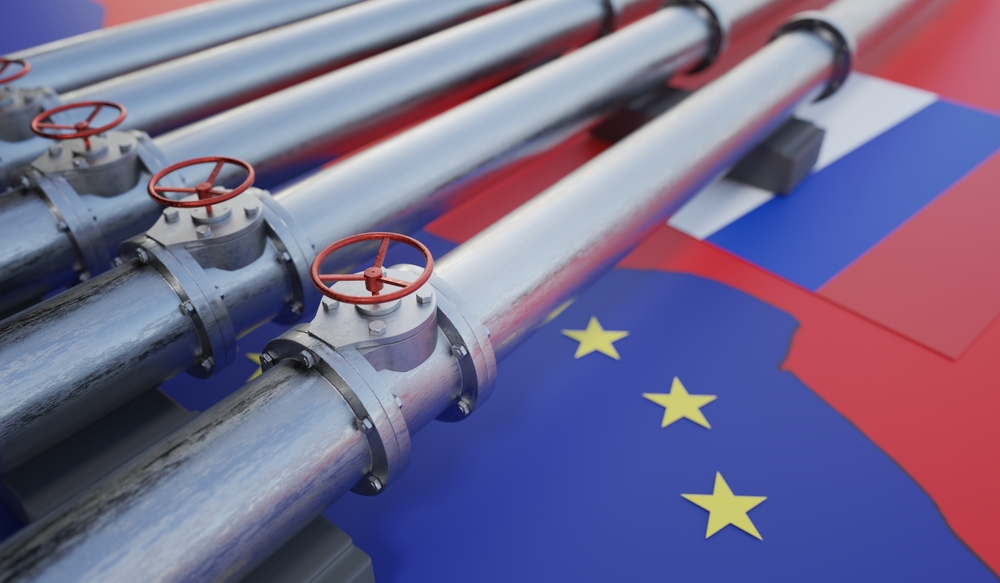Major producers like Russia and Iran are taking steps to exert greater control over the gas market
Others are reading now
The natural gas market, often overshadowed by its more lucrative sibling, oil, is poised for a significant shift.
Similar to OPEC
According to El economista major producers like Russia and Iran are taking steps to exert greater control over the gas market, similar to the Organization of Petroleum Exporting Countries (OPEC) with oil. This move aims to maximize profits by controlling a significant share of global gas reserves.
Recently, Russian state gas giant Gazprom and the National Iranian Gas Company (NIGC) signed a memorandum of understanding (MoU) to begin direct gas transfers from Russia to Iran. This agreement signifies a shift from competition to cooperation, effectively merging their market influence and enabling them to set unified prices.
Also read
Gas Cartel
Iran’s Oil Minister, Javad Owji, hailed this development as a “revolution in the energy and industrial landscape of the region.” The MoU is seen as a crucial step toward creating a global gas cartel, modeled after OPEC, which has maintained artificially high oil prices through supply restrictions.
The concept of a gas cartel has been discussed for years. In 2020, the head of the Russian Gas Exporting Countries Forum (GECF) openly discussed this possibility. A $40 billion collaboration agreement in 2022 further solidified the path toward this coalition. The recent MoU marks a pivotal moment in making the Gas OPEC a reality.
The idea isn’t entirely new. In December 2008, at the Seventh Ministerial Meeting in Moscow, a flexible alliance of gas-producing countries formed, establishing a formal organization headquartered in Doha, Qatar. Key members include Russia, Iran, and Qatar, which together control about 60% of the world’s gas reserves. Other members include Algeria, Bolivia, Egypt, Equatorial Guinea, Libya, Nigeria, Trinidad and Tobago, and Venezuela.


